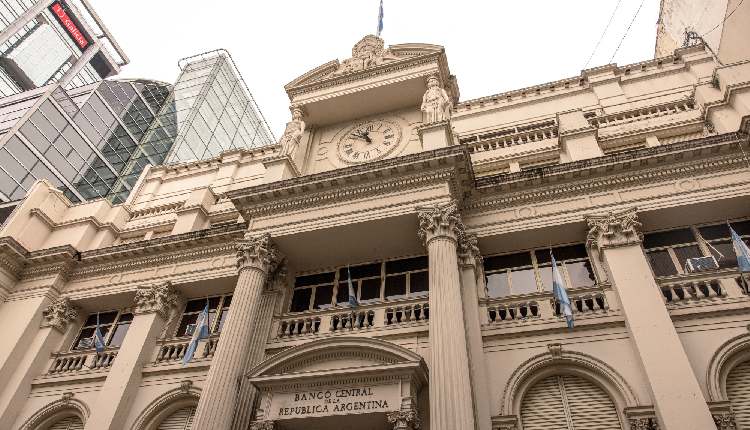Argentina has slashed its benchmark interest rate for the sixth time aiming to combat inflation while reducing the central bank’s balance sheet, Bloomberg reported.
The latest move saw the monetary authority dropping its key rate to 40 per cent from 50 per cent, as announced in a statement released on its website on Tuesday. This marks a significant decline from the peak of 133 per cent recorded last December.
According to Bloomberg, since Milei assumed office on December 10, Argentina has witnessed a gradual slowdown in monthly inflation, which dipped to 8.8 per cent in April from a high of 26 per cent in December.
Milei’s economic team remains optimistic about this trend, projecting a further decrease in consumer price gains to 3.8 per cent by September, as indicated by a presentation from Bloomberg News.
This forecast contrasts sharply with the 5.8 per cent rate predicted by analysts surveyed by the central bank. However, annual inflation remains stubbornly high at 289.4 per cent as of April.
In addition to the interest rate cut, the central bank announced in a separate press release on Tuesday night its intention to intervene in the secondary bond market as needed, regardless of the 2 per cent price spread set by current regulations.
Meanwhile, the International Monetary Fund (IMF) staff approved the eighth review of Argentina’s $44 billion programme on Monday. Pending approval by the IMF’s executive board, this decision would provide Argentina with approximately $800 million in breathing space to meet its debt obligations to the Washington-based lender.
Milei’s monetary policy, which diverges from the IMF’s orthodox recommendation for real positive rates, is aimed at reducing borrowing costs to enable the central bank to address its debt-heavy balance sheet and absorb excess liquidity. These measures are considered crucial steps before the eventual removal of capital controls.


